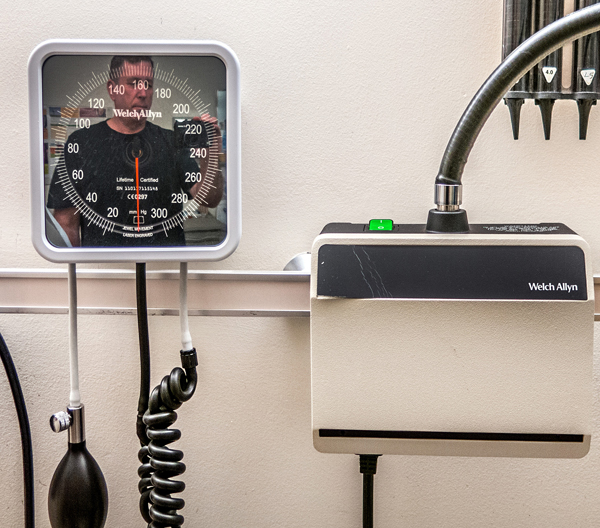- La Feria Community Holds Succesful Business Mixer Event
- Little Nashville to Take Place in Downtown Mercedes
- Lions Basketball Captures District Gold
- La Feria ISD Students Compete in Regional Chess Tournament
- Lions End First Half of 32-4A on a High Note
- La Feria ISD Held Another Successful Parent Conference
- Strong Appearance for Lions at Hidalgo Power Meet
- LFECHS Students Get to Meet Local Actress
- Students Participate in Marine Biology Camp
- Two LFECHS Students Qualify for All-State Band
Some TX Health Centers Consider Job Cuts and Closings
- Updated: October 3, 2014
Key Source of Funding Could Fall by 70%
by John Michaelson/TNS

Community Health Centers in Texas and nationwide say without Congressional action, many will face a dramatic cut in funding next year, that could mean shuttered locations and reduced services. Photo credit: Robert Couse-Baker/Flickr.
FORT WORTH, Texas – For working families who struggle financially across the state of Texas, Community Health Centers are their only access to primary care, but closed clinics, job cuts and reduced services are all options being considered in the face of a looming funding cliff.
A trust fund established under the Affordable Care Act to help centers expand reach and capacity will expire next year if not renewed by Congress. Dr. Liz Trevino, CEO with North Texas Area Community Health Centers, says that would mean many clinics would see funding declines of up to 70 percent.
“This would significantly impact our ability to serve the low-income residents at a reduced cost,” says Trevino. “It would reduce our scope of services or raise the sliding-fee scale, which would in turn create barriers to access and definitely most at stake, is for some sites to close.”
Trevino notes the funds are even more vital for Texas today than when first implemented in 2011, as the A.C.A. has increased the number of low-income patients with coverage, while many are still without any insurance.
“The Texas decision not to expand Medicaid and not close the coverage gap left more than one-million uninsured who would have been able to enroll in coverage,” says Trevino. “So we’re treating that growing number of uninsured patients, but we won’t be able to do that if we don’t have the funding next year.”
Community health centers make up the largest statewide network of primary-care providers in Texas and serve more than one-million patients annually.


